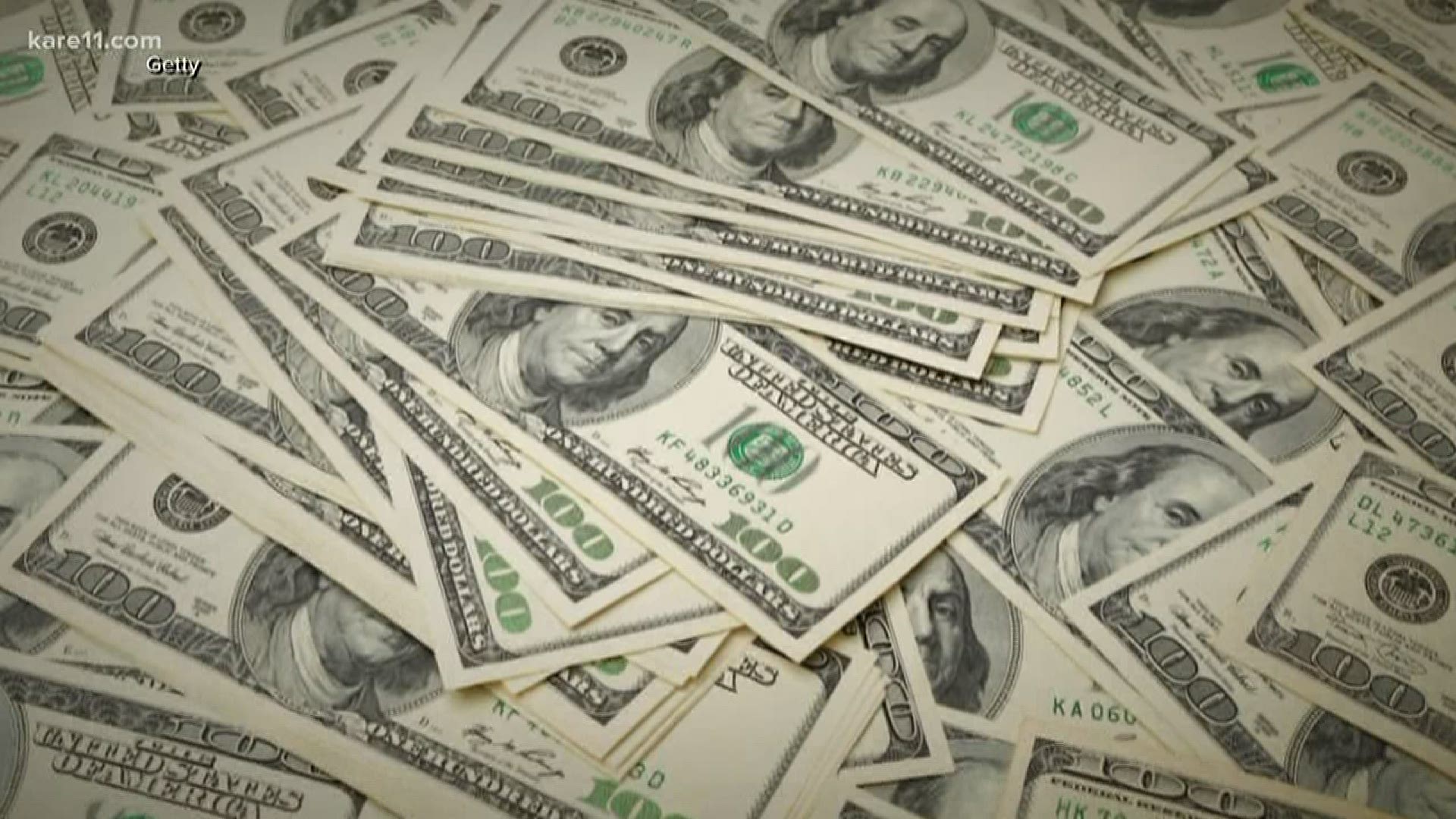Millions of Americans are filing unemployment claims during the coronavirus pandemic. However, experts say filers should be aware that this isn't free money, and there are some things to keep in mind so they don't end up with a surprise tax bill.
"In the past, unemployment benefits were only a couple hundred dollars a week" said Matt Schwartz with Great Waters Financial. "With the extra money being given to laid-off workers, your tax liability could be higher."
Taxpayers aren't required to withhold taxes from unemployment benefits, but some experts say it might be a good idea.
"It might be better to give the IRS the money upfront, versus finding out you owe the IRS at the end of the year," Schwartz said. "Here in Minnesota, we also have state taxes. You can change your income withholding by calling the Minnesota Unemployment Insurance office or logging into your account."
Schwartz says there are a couple of ways to prepare for taxes on unemployment benefits.
"One way is filling out a W-4V (which means voluntary). The federal tax rate of 10% will be withheld from each payment," he said. "Or you can do it yourself by putting away money in a savings account so you’re ready when it’s time to file taxes next year."
If your income has changed dramatically, Schwartz said you might want to consider if you qualify for the earned income tax credit, which could reduce your taxes.
For those people needing to make ends meet without a regular paycheck, Schwartz said adjusting a budget can be important.
"Write out your new budget," Schwartz said. "List all your expenses, including fixed expenses like your mortgage, car payment and cell phone bill. It should also include variable expenses, such as utility payments, groceries and entertainment."
Schwawrtz offers a budget worksheet on his website, greatwatersfinancial.com.
Another important tip: review your savings.
"Times like this highlight the need for an emergency fund," Schwartz said. "I recommend having 3-6 months of expenses saved in a separate, easily accessible account. This money should only be used for an emergency, like an unexpected lay off or medical bill."
MORE FROM 4PM: Build a 'money community' to figure out finances

